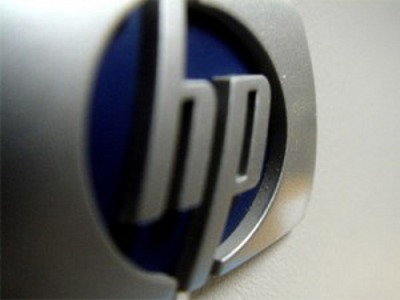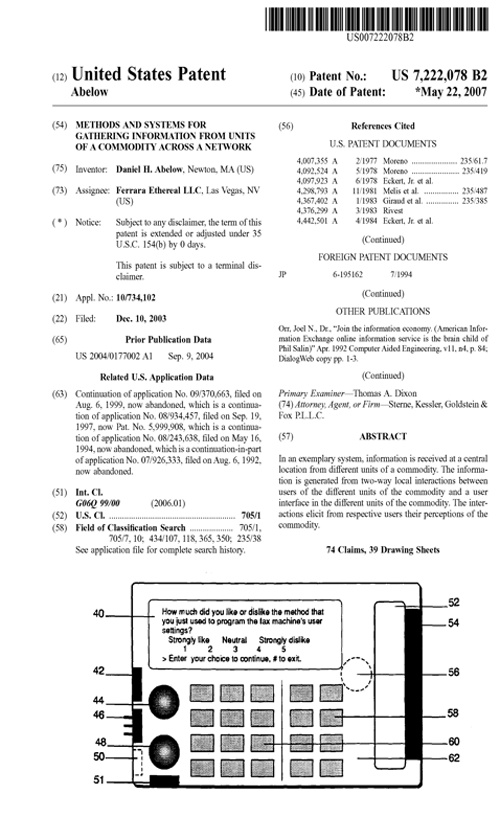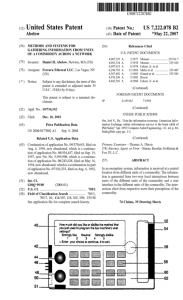I came across this article in the TabTimes written by my friend Dave Needle. What the article points out is an interesting video that was posted on YouTube showing Roger Fidler and his Information Design Lab putting quality thought and vision around media in particular but largely how digital technologies will change the future.
XEROX Parc and other institutions throughout this industries history were also voicing ambitious visions about our computing future. This could be called the Golden Years of computing. This was a fascinating time in the computing industries history. This time was full of ambitious vision and ideas about where computing could go. Many ideas never panned out, or took longer for the market to adopt but that didn’t change the fact that there was a good amount of thought leadership going on about the technology and its possibilities in the future.
My question is where is that kind of thinking today? Has this industry lost its vision? Are companies too focused on simply making next years products that they and their RND labs are not playing a role in creating the future but rather they are content to follow it?
There is no doubt that Apple is leading in many areas of vision and defining computing for tomorrow. I would, however, like to see more companies or RND labs, or institutions contributing vision to the public forum.
I am sure it is a mix of a lot of things but as I have studied this industry’s history and spoke with many who have been in it since the beginning it becomes clear that the vision for the future is not being cultivated today the way it was two decades ago.
As you watch this video with Roger Fidler I hope, that like me, we encourage more of this type of sharing of ideas, vision, and innovative concepts in the public forum. These are the kinds of things that lead to self fulfilling prophecies. We simply need more vision universally from more companies and more visionaries. I am not saying we are void of it completely today but what I am saying is that perhaps vision has lost its role in the industry today and needs to be brought back out into the limelight.
Corning I thought did a good job of this with their world of glass video series.
You can watch the video here as I highly recommend it. This video is as good as any I have seen on showcasing the importance of vision for the technology industry.
Also if you haven’t seen it view Knowledge Navigator made by Apple under the vision of John Sculley.




